
Matcha, the finely ground powder of specially grown and processed green tea leaves, has transcended its traditional Japanese roots to become a global phenomenon. This vibrant green elixir is celebrated not only for its unique flavor profile but also for its numerous health benefits, including high antioxidant content and potential to boost metabolism and enhance focus.
In recent years, the matcha market has exploded with options, ranging from everyday culinary grades to premium ceremonial varieties. As consumers become more discerning, the demand for high-quality, authentic matcha has surged, leading to a proliferation of brands each claiming to offer the finest green tea powder.
Key Features to Consider When Buying
- Grade: Ceremonial grade (highest quality for drinking) vs. culinary grade (for cooking and blending).
- Origin: Look for matcha sourced from reputable regions in Japan, such as Uji or Nishio.
- Color: Vibrant green indicates freshness and proper shade-growing techniques.
- Texture: Finely ground powder that feels smooth, not gritty.
- Certifications: USDA Organic, JAS (Japanese Agricultural Standard), or Fair Trade certifications.
- Flavor Profile: Balance of umami, sweetness, and slight bitterness.
- Packaging: Air-tight, light-proof containers to preserve freshness.
- Price: Higher prices often (but not always) indicate better quality.
Top Matcha Brands
Matcha Maiden's Ceremonial Matcha
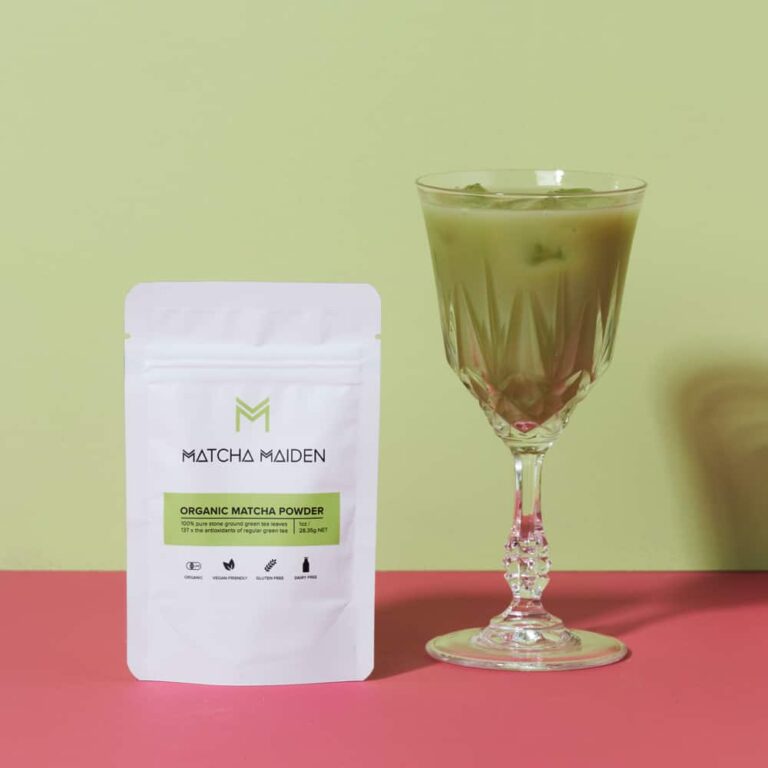
Matcha Maiden’s Ceremonial Matcha is a premium offering that caters to both matcha enthusiasts and those new to the green tea powder scene. Priced between $30 and $50 for a 30g tin, it positions itself in the mid-to-high range of the market.
The Ceremonial Matcha stands out for its smooth, rich flavor profile with a sweet finish, making it versatile for both traditional tea ceremonies and everyday drinking. The vibrant green color is indicative of high-quality leaves and proper processing techniques.
In terms of performance, Matcha Maiden delivers a consistent, high-quality product that performs well in both traditional tea preparations and modern applications like lattes. The fine grind ensures easy whisking and a smooth texture. User experience is generally positive, with many praising the balance of flavors and the product’s versatility.
While the price point is higher than some competitors, the quality and versatility of Matcha Maiden’s offering provide good value for those serious about their matcha consumption.
Key Specifications
- Ceremonial grade
- Finely ground
- Vibrant green color
Pros and Cons
| Pros | Cons |
|---|---|
| Smooth and rich flavor | Higher price point may not suit all budgets |
| Versatile for various uses | Limited information on specific origin within Japan |
| Vibrant color indicating freshness |
Target audience
Matcha enthusiasts, health-conscious consumers, and those looking for a premium daily matcha experience.

The Matcha Reserve Premium Matcha

The Matcha Reserve’s Premium Matcha is positioned as a high-quality option for matcha lovers, with a price range of $25 to $40 for a 30g package. This places it in a slightly more accessible range compared to some ultra-premium brands.
The Matcha Reserve’s product distinguishes itself with a strong umami flavor and the availability of various blends, catering to different taste preferences and uses.
Performance-wise, The Matcha Reserve delivers a robust matcha experience. Its fine milling ensures smooth mixing, whether whisking traditionally or blending into lattes and smoothies. User experience is generally positive, particularly among those who appreciate a bolder matcha flavor.
The value proposition is strong, offering ceremonial-grade quality at a slightly lower price point than some competitors, making it an attractive option for regular matcha drinkers.
Key Specifications
- Ceremonial grade
- Rich green color
- Finely milled
Pros and Cons
| Pros | Cons |
|---|---|
| Strong, distinctive umami flavor | Stronger flavor may not appeal to all palates |
| Variety of blends available | Limited information on specific farming practices |
| Suitable for both traditional tea and modern applications |
Target audience
Matcha aficionados, culinary enthusiasts, and those who enjoy experimenting with different flavor profiles.
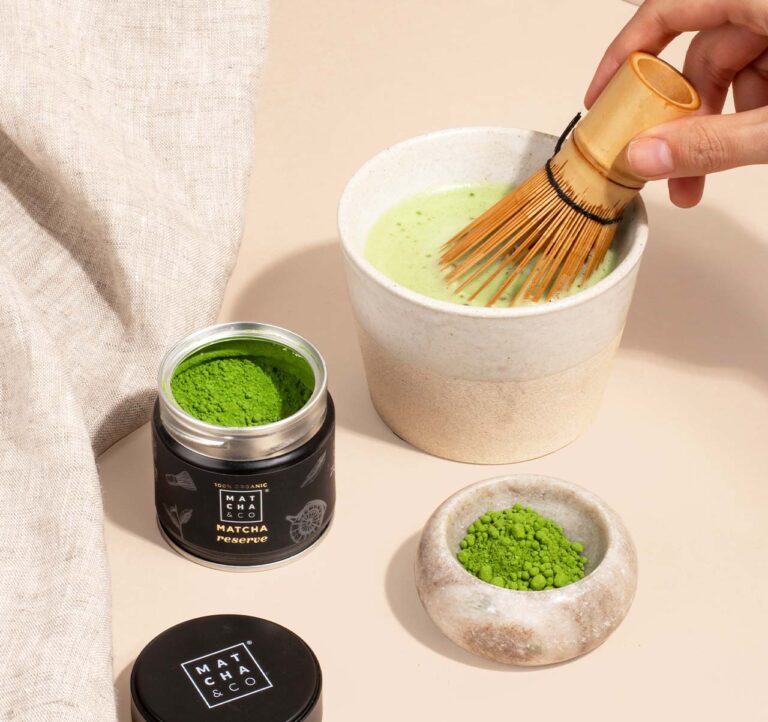
Ippodo Tea Co. Ummon-no-mukashi Matcha
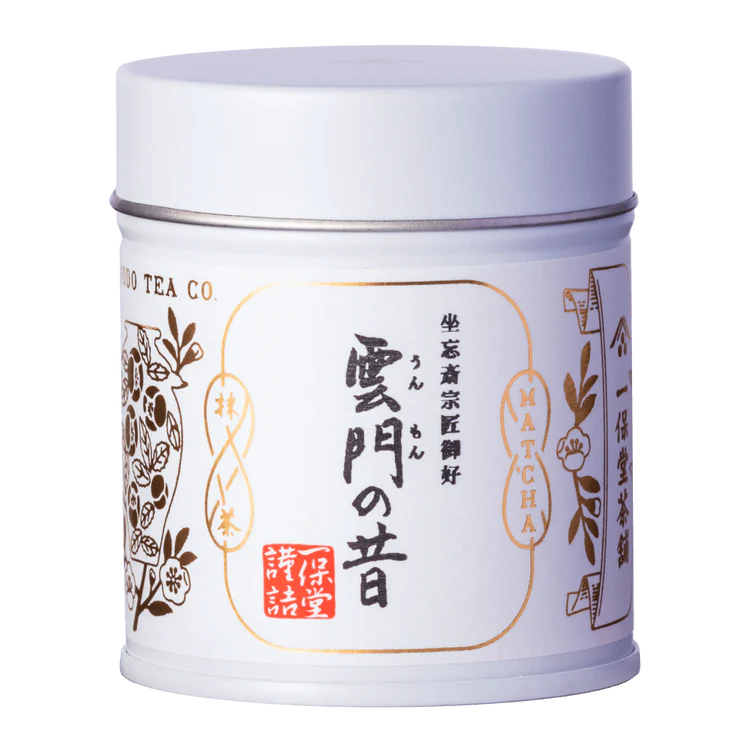
Ippodo Tea Co.’s Ummon-no-mukashi Matcha represents the pinnacle of traditional Japanese matcha. Priced between $40 and $70 for a 40g tin, it sits firmly in the premium category.
Ippodo’s offering stands out for its authenticity and excellence in traditional tea ceremonies. The deep umami flavor profile is a testament to the quality of tea leaves and the company’s centuries-old expertise.
In terms of performance, Ippodo’s Ummon-no-mukashi excels in traditional preparation methods, producing a smooth, frothy tea with depth and complexity. The user experience is typically outstanding, with many noting the product’s ability to elevate the tea-drinking experience.
While the price is higher, the value for money is evident in the quality and authenticity of the product, making it an excellent choice for special occasions or as a luxury gift.
Key Specifications
- High-quality, ceremonial grade
- Deep umami flavor
- Traditional Japanese production
Pros and Cons
| Pros | Cons |
|---|---|
| Exceptional quality for traditional tea ceremonies | Higher price point |
| Rich, complex flavor profile | May be too intense for casual matcha drinkers |
| Backed by centuries of expertise |
Target audience
Tea ceremony practitioners, matcha connoisseurs, and those seeking an authentic, high-end Japanese matcha experience.
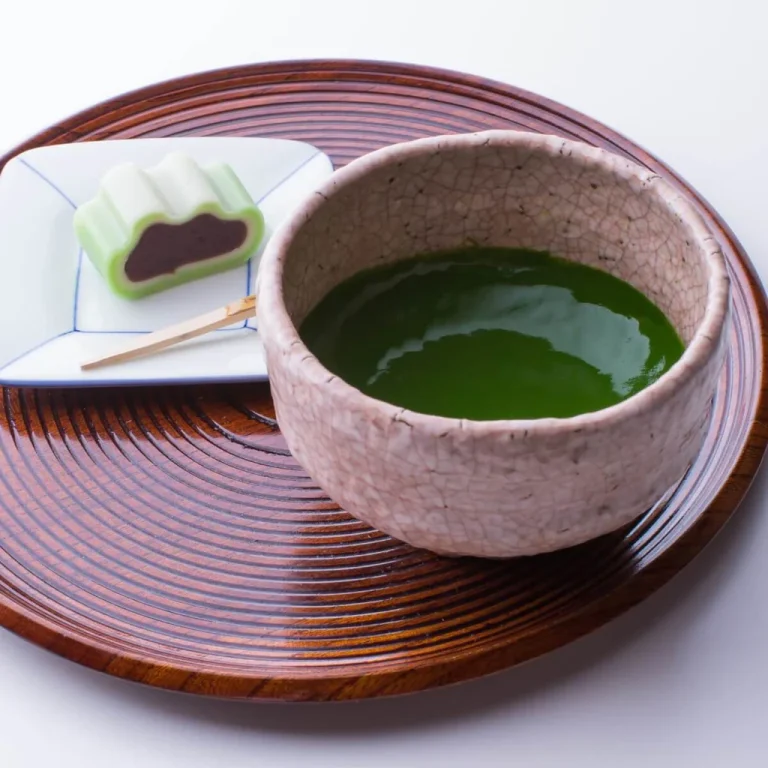
Jade Leaf Matcha Organic Ceremonial Matcha
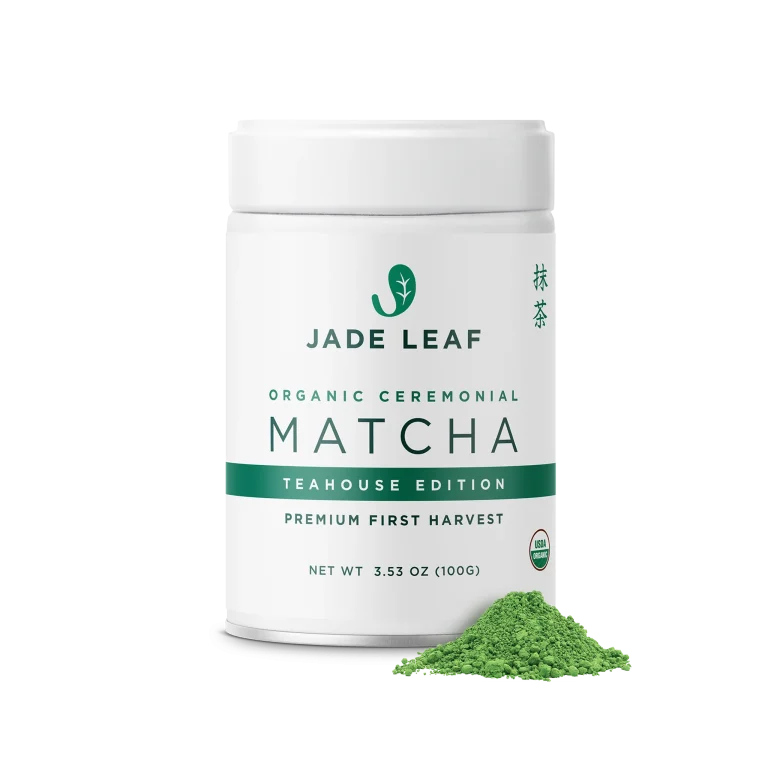
Jade Leaf Matcha’s Organic Ceremonial Matcha offers a balance of quality and sustainability, priced between $30 and $45 for a 30g package.
Jade Leaf distinguishes itself with its organic certification and eco-friendly packaging, appealing to environmentally conscious consumers.
Performance-wise, Jade Leaf’s matcha delivers a smooth, pleasant taste suitable for both traditional tea preparation and modern uses like lattes and baking. Users generally report positive experiences, particularly appreciating the organic certification and the product’s versatility.
The value for money is strong, offering certified organic, ceremonial-grade matcha at a competitive price point, making it an attractive option for regular consumption.
Key Specifications
- USDA organic certified
- Smooth texture
- Rich green color
Pros and Cons
| Pros | Cons |
|---|---|
| USDA organic certification | Flavor may be milder compared to some traditional Japanese brands |
| Eco-friendly packaging | Limited information on specific farm sources |
| Versatile for various applications |
Target audience
Health-conscious consumers, environmentally aware buyers, and those new to matcha seeking a reliable, organic option.
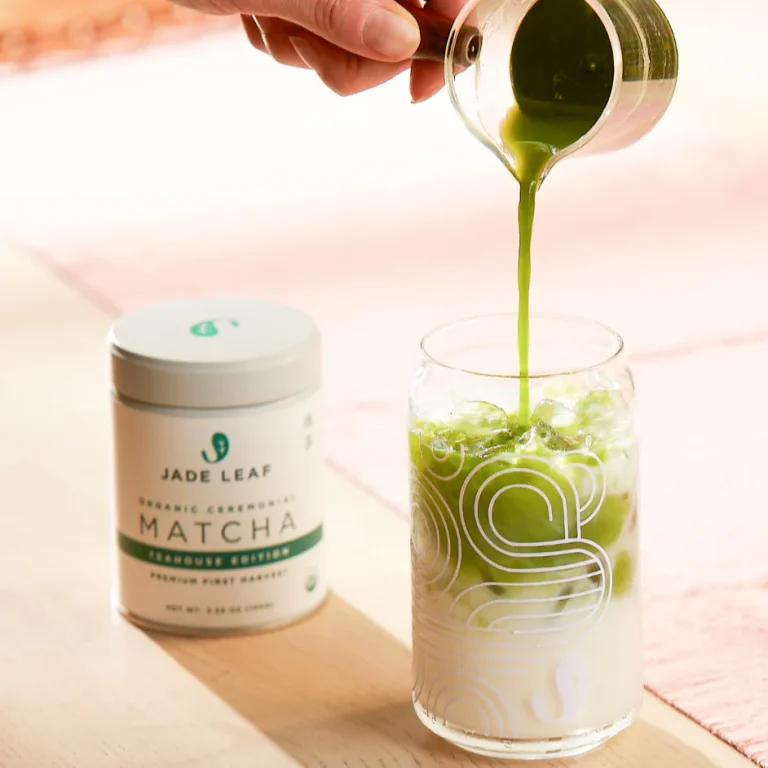
Encha Matcha Organic Matcha
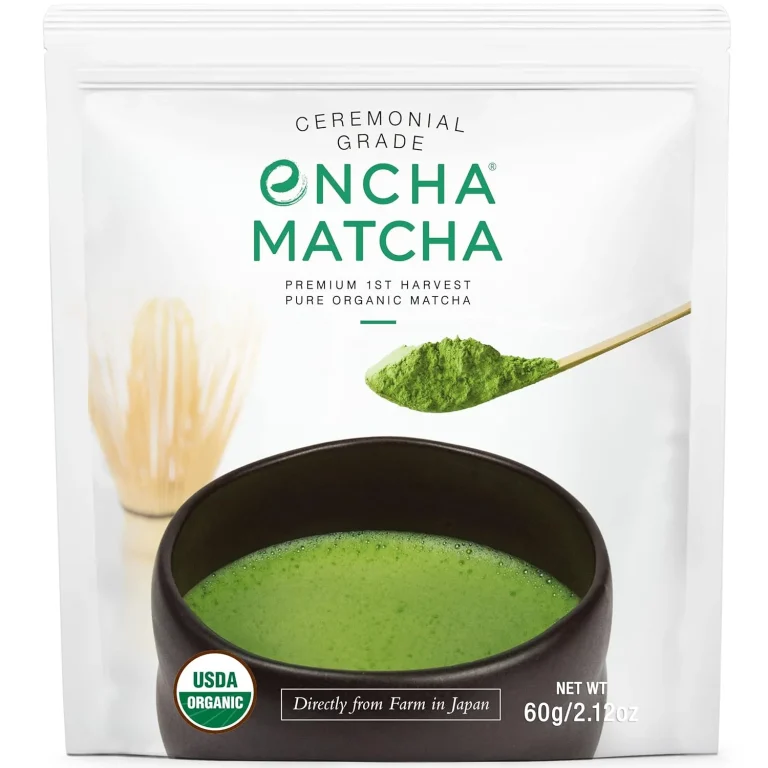
Encha Matcha’s Organic Matcha is positioned as a high-quality, sustainably sourced option, priced between $28 and $50 for a 30g package.
Encha stands out for its direct sourcing from Japanese farms and USDA organic certification, offering transparency in its supply chain.
In terms of performance, Encha’s matcha offers a bright, clean flavor suitable for traditional tea drinking as well as culinary uses. Users generally report positive experiences, particularly noting the product’s freshness and versatility.
The value proposition is strong for those prioritizing organic certification and transparent sourcing, offering a high-quality product at a competitive price point for its category.
Key Specifications
- Organic, ceremonial grade
- Vibrant green color
- Directly sourced from Japanese farms
Pros and Cons
| Pros | Cons |
|---|---|
| USDA organic certification | Price may be high for some consumers |
| Direct sourcing from Japanese farms | Flavor profile may vary between harvests due to natural farming practices |
| Suitable for various culinary applications |
Target audience
Health-conscious consumers, those interested in sustainable and transparent sourcing, and matcha enthusiasts looking for an organic option.
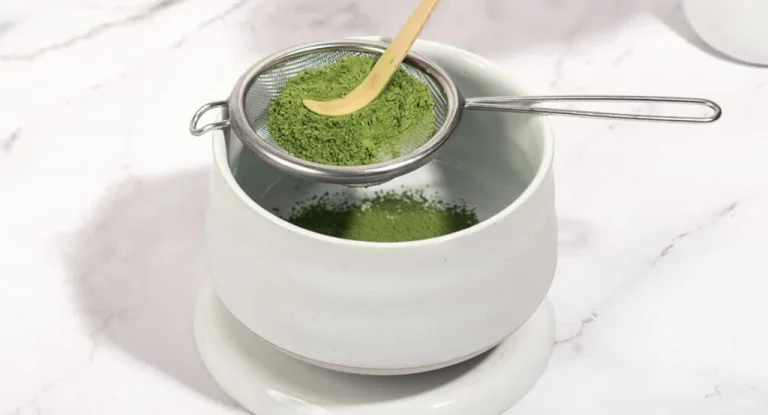
Summary
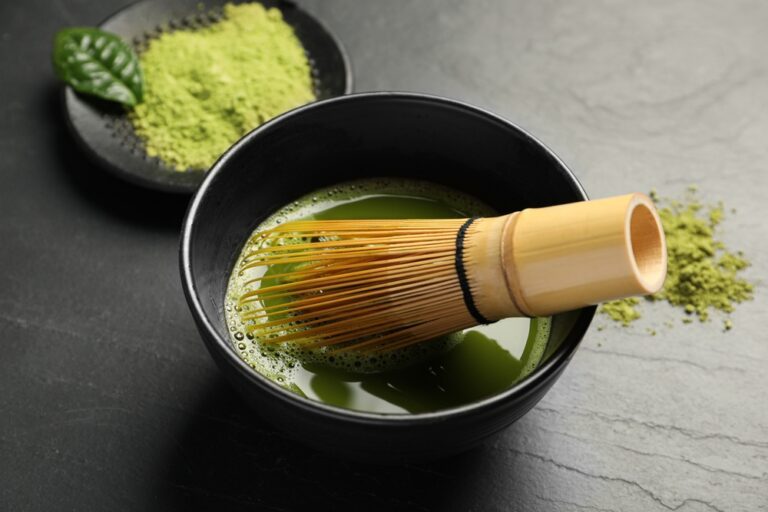
| Brand | Price Range (30g) | Grade | Organic | Notable Features |
|---|---|---|---|---|
| Matcha Maiden | $30 - $50 | Ceremonial | No | Smooth, rich flavor |
| The Matcha Reserve | $25 - $40 | Ceremonial | No | Strong umami, various blends |
| Ippodo Tea Co. | $40 - $70 (40g) | Ceremonial | No | Traditional, deep umami |
| Jade Leaf Matcha | $30 - $45 | Ceremonial | Yes | USDA Organic, eco-friendly |
| Encha Matcha | $28 - $50 | Ceremonial | Yes | Directly sourced, USDA Organic |
Best Overall Pick: Ippodo Tea Co. Ummon-no-mukashi Matcha
For its exceptional quality, rich tradition, and outstanding flavor profile, Ippodo Tea Co.’s Ummon-no-mukashi Matcha takes the crown as the best overall pick. While it comes at a premium price, its authenticity and excellence in traditional matcha preparation make it the top choice for true matcha enthusiasts.
Best Budget Option: The Matcha Reserve Premium Matcha
Offering a balance of quality and affordability, The Matcha Reserve’s Premium Matcha provides excellent value for those seeking a ceremonial-grade experience without breaking the bank. Its strong umami flavor and versatility make it a standout choice in its price range.
Best Premium Option: Matcha Maiden Ceremonial Matcha
For those seeking a premium experience with versatility, Matcha Maiden’s Ceremonial Matcha offers an excellent balance of quality, flavor, and adaptability to various preparation methods. Its smooth, rich flavor profile and vibrant color justify its position as a top-tier option.
When choosing a matcha brand, consider your intended use, budget, and preferences:
- For the most authentic, traditional experience, Ippodo Tea Co. is unparalleled, though it comes at a premium price.
- Those prioritizing organic certification should consider Jade Leaf or Encha Matcha.
- For a balance of quality and value, The Matcha Reserve offers an excellent option.
- If versatility is key, Matcha Maiden provides a premium product suitable for various applications.
Consider factors such as origin, certification, and intended use when making your choice. Remember that higher prices often, but not always, indicate better quality. It’s worth trying several brands to find the one that best suits your palate and needs.
Ultimately, the best matcha for you will depend on your personal taste preferences, budget, and how you plan to use it. Whether you’re performing a traditional tea ceremony or whipping up a morning latte, there’s a matcha on this list to suit your needs. Don’t hesitate to experiment with different brands to discover your perfect match in the world of matcha.
